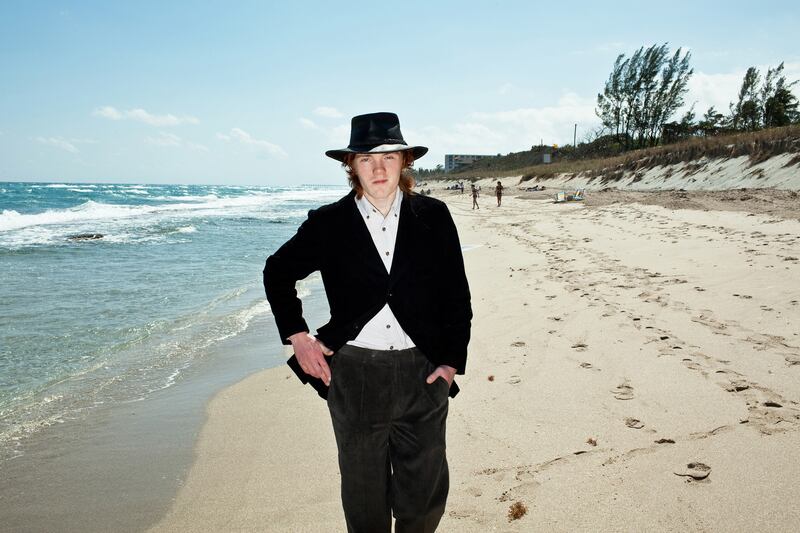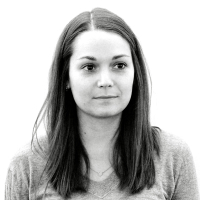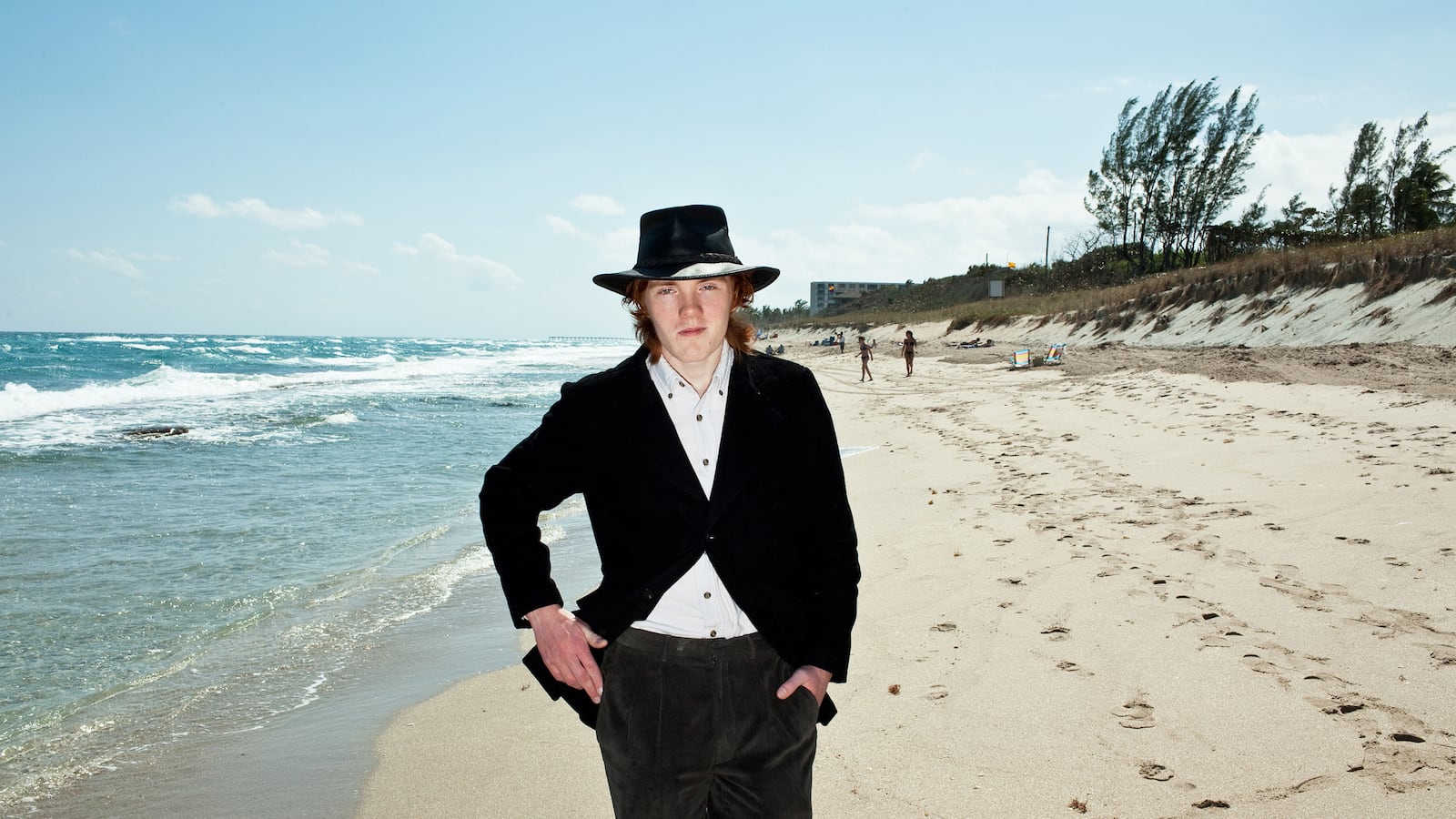Derek Black, whose father founded the white-supremacy forum Stormfront and whose mother was once married to a former KKK grand wizard, announced in a letter to the Southern Poverty Law Center last week that after a lifetime in the white nationalist movement, he could no longer support the beliefs he once preached. Black declined The Daily Beast’s request to comment on a story about his decision published Monday, but has since decided that he wants to set the record straight. Below is his response.

Hi Caitlin,
I read your article today about me. It seems pretty fair.
I know you had tried to get in touch, but I chose not to talk to media, instead intending to let my letter stand on its own. I regret that I didn’t give you a comment on some of my process to change my mind how I have. It seems to be the biggest chunk missing from your piece.
If possible, I’d like to comment now briefly. Hopefully you could include it as an addendum if not actually include it within the article itself.
In the process of rethinking my ideas on white nationalism, people who disagreed with me were critical. But it’s important to point out that the so-called activists who never spoke to me personally but chose to denounce me publicly, intimidate my friends, or otherwise try to peer pressure [me] did not have a positive impact. I have a strong desire to feel what I believe is correct, consistent, and ethical. When people I’ve never met spend their time talking about how repulsive they think I am, it doesn’t convince me they have a good case. It only made me assume that they had a lot of insecurity and villainizing [sic] someone else gave them a greater sense of personal control. Which is not to say that I don’t think those who felt marginalized or uncomfortable with me did not have the right to express their negative emotions—but these expressions did not act as catalysts or contribute to my changing mindset.
The people who were important in the process of changing my mind were those who were my friends regardless, but who let me know when we talked about it that they thought my beliefs were wrong for specific reasons and took the time to provide evidence and civil arguments. I didn’t always agree with their ideas, but I listened and they listened to me.
Furthermore, a critical juncture was when I’d realize that some individual was considered an outsider by the philosophy I supported. It is a huge contradiction to share your summer plans with someone whom you completely respect only to realize that your ideology doesn’t consider them a full member of society. I couldn’t resolve that.
I hope this clarifies some of my thoughts and how I arrived there.
Sincerely yours,
Derek Black
Editor’s note: Click here to read the original story: Derek Black, the Reluctant Racist, and His Exit From White Nationalism.






